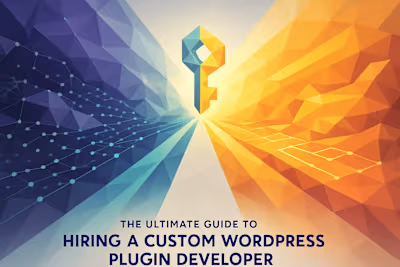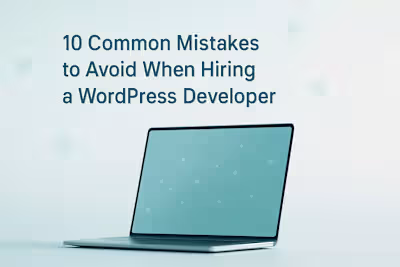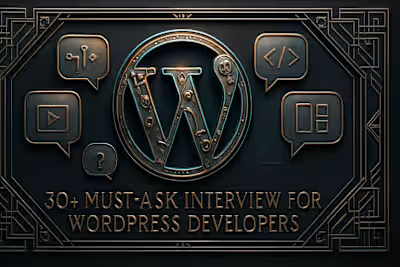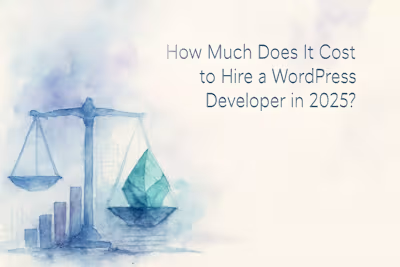Front-End vs. Back-End vs. Full-Stack: Understanding WordPress Developer Roles
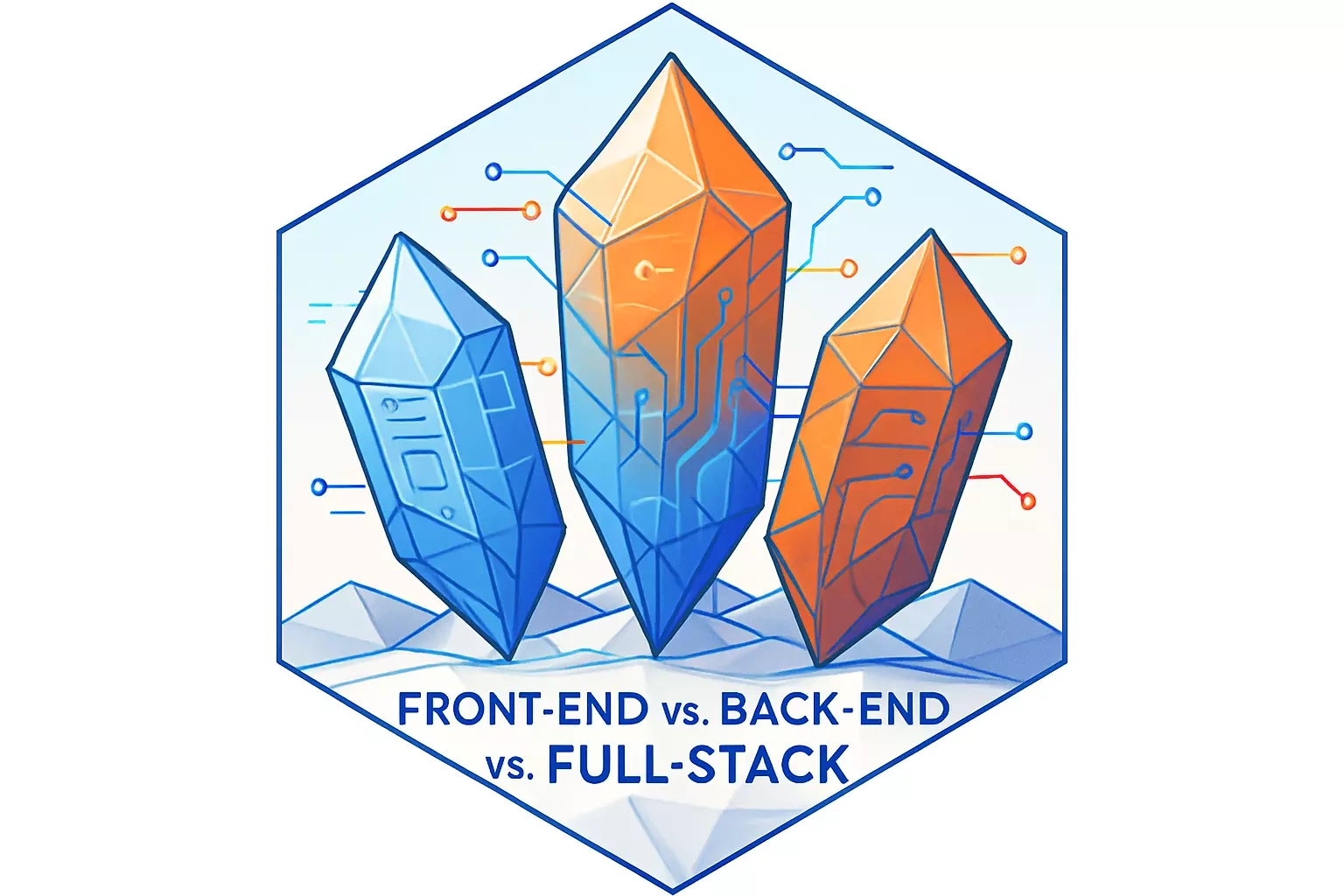
Front-End vs. Back-End vs. Full-Stack: Understanding WordPress Developer Roles
The Front-End WordPress Developer: The Visual Architect
What They Do
Core Skills
When to Hire a Front-End Developer
The Back-End WordPress Developer: The Engine Builder
What They Do
Core Skills
When to Hire a Back-End Developer
The Full-Stack WordPress Developer: The All-Rounder
What They Do
Core Skills
When to Hire a Full-Stack Developer
Which Type of Developer Do You Need? A Quick Guide
For a New Website Design or Redesign...
For a Custom Feature or Integration...
For an Entire Project from Scratch...
References
Front-End vs. Back-End vs. Full-Stack: Understanding WordPress Developer Roles
The Front-End WordPress Developer: The Visual Architect
What They Do
Core Skills
When to Hire a Front-End Developer
The Back-End WordPress Developer: The Engine Builder
What They Do
Core Skills
When to Hire a Back-End Developer
The Full-Stack WordPress Developer: The All-Rounder
What They Do
Core Skills
When to Hire a Full-Stack Developer
Which Type of Developer Do You Need? A Quick Guide
For a New Website Design or Redesign...
For a Custom Feature or Integration...
For an Entire Project from Scratch...
References
Posted Jun 15, 2025
Hiring a WordPress developer? Learn the difference between front-end, back-end, and full-stack roles to find the right expert for your project's specific needs.








